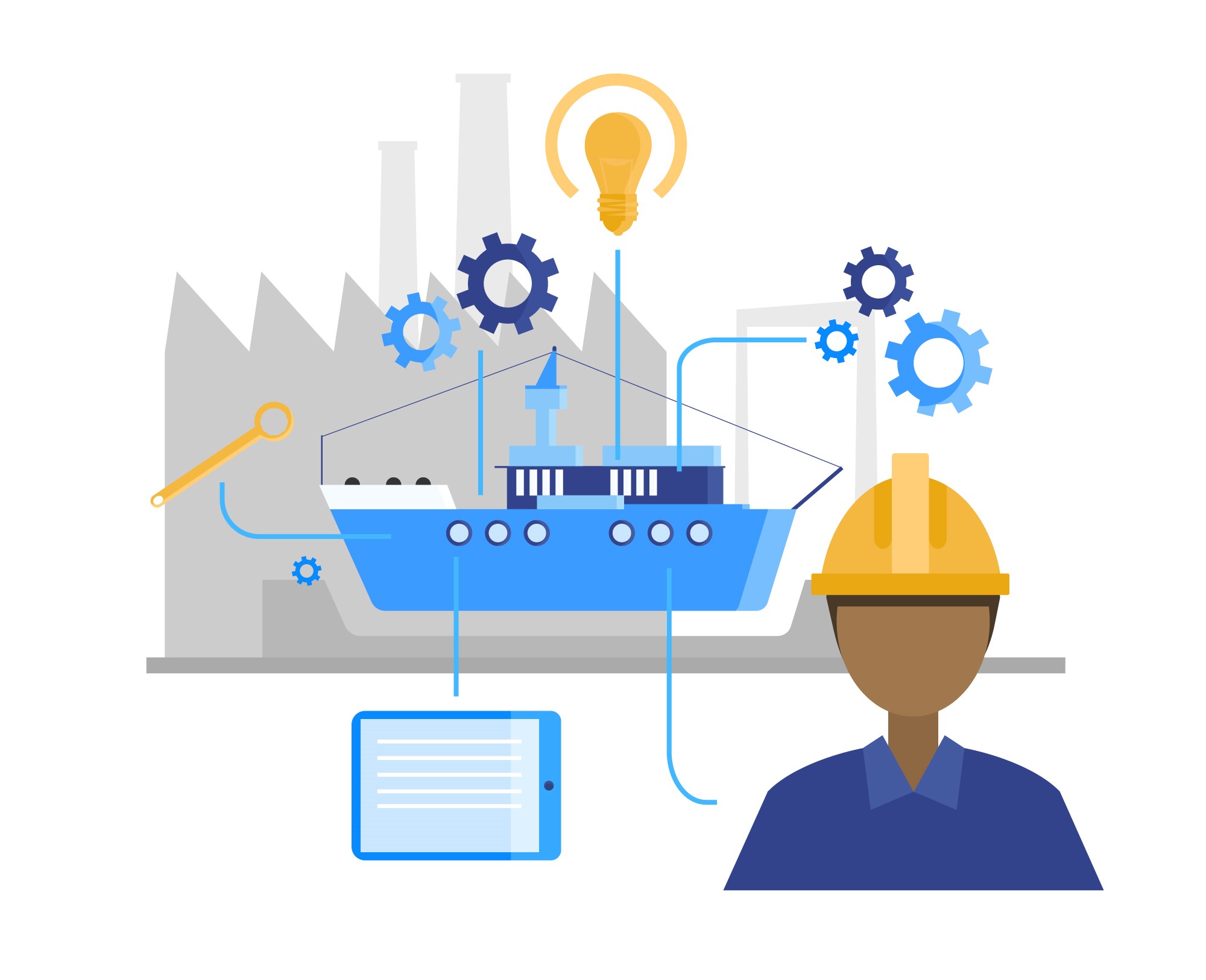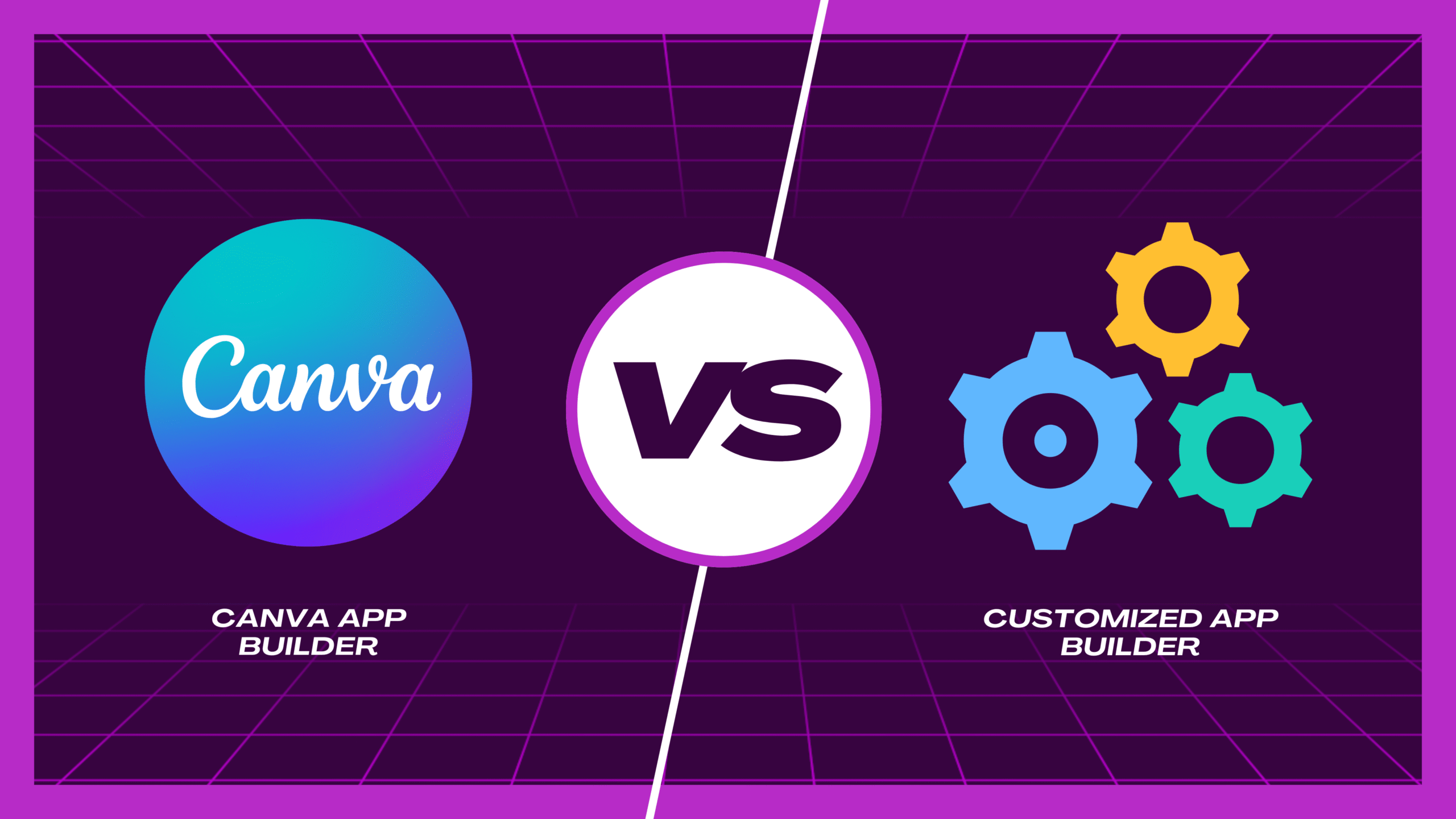Offshore development has become an increasingly popular strategy for businesses seeking to tap into global talent pools, reduce costs, and accelerate time-to-market (Decode Agency). However, navigating the complexities of offshore development can be daunting, especially for those new to this approach.
In this comprehensive guide, we’ll delve into the common challenges encountered in offshore development, and provide actionable strategies for overcoming these hurdles. Whether you’re considering offshore development for the first time, or seeking to optimize an existing offshore partnership, this guide is designed to equip you with the knowledge and tools you need to succeed.
Understanding the Challenges of Offshore Development
Before we dive into solutions, it’s essential to understand the common challenges associated with offshore development. These include:
- Communication Barriers: Language differences, cultural nuances, and time zone disparities can create communication obstacles that hinder collaboration and clarity (Outsource Accelerator).
- Quality Control and Assurance: Ensuring that offshore teams meet your quality standards can be challenging, particularly if you lack visibility into their processes and methodologies (All Star IT).
- Security and Intellectual Property Risks: Offshore development inherently involves risks related to data security and intellectual property protection (Secupi).
- Cultural Differences and Alignment: Offshore teams may have different work cultures, norms, and expectations that can impact collaboration and alignment with your in-house team (Mindbowser).
Overcoming the Challenges of Offshore Development
While the challenges of offshore development are real, they are by no means insurmountable. Here are some actionable strategies for overcoming these common hurdles:
- Careful Vendor Selection: Thoroughly vet potential offshore partners to ensure they have a proven track record of delivering high-quality solutions. Look for vendors with strong communication skills, a deep understanding of your industry, and a commitment to security and quality (Synoptek).
- Clear Communication and Expectations: Establish open, transparent lines of communication with your offshore team from the outset. Clearly define project goals, roles, responsibilities, and expectations to avoid misunderstandings and misalignment (Full Scale).
- Robust Quality Assurance Processes: Implement rigorous quality assurance processes to ensure that offshore deliverables meet your standards. This may involve regular code reviews, testing, and feedback loops (ValueCoders).
- Proactive Security Measures: Establish stringent security protocols with your offshore partner, including non-disclosure agreements, data encryption, and access controls. Regularly monitor and audit your partner’s security practices to ensure ongoing compliance (Oblytech).
- Cultural Alignment and Training: Invest time in understanding the cultural nuances of your offshore team, and provide training to your in-house team on how to effectively collaborate with offshore counterparts. Celebrate differences and foster an inclusive, global mindset (Your Team in India).
The Role of Dsolution Group in Offshore Development
For businesses seeking a trusted partner to navigate the complexities of offshore development, Dsolution Group offers a compelling solution. With a strong presence in Kuwait and a team of skilled professionals, Dsolution Group provides a range of offshore development services designed to help businesses overcome common challenges and achieve their goals (Dsolution Group).
By leveraging Dsolution Group’s expertise and experience, businesses can tap into the benefits of offshore development while minimizing the risks. From careful vendor selection and clear communication, to robust quality assurance and proactive security measures, Dsolution Group provides a comprehensive approach to offshore development that sets clients up for success.







